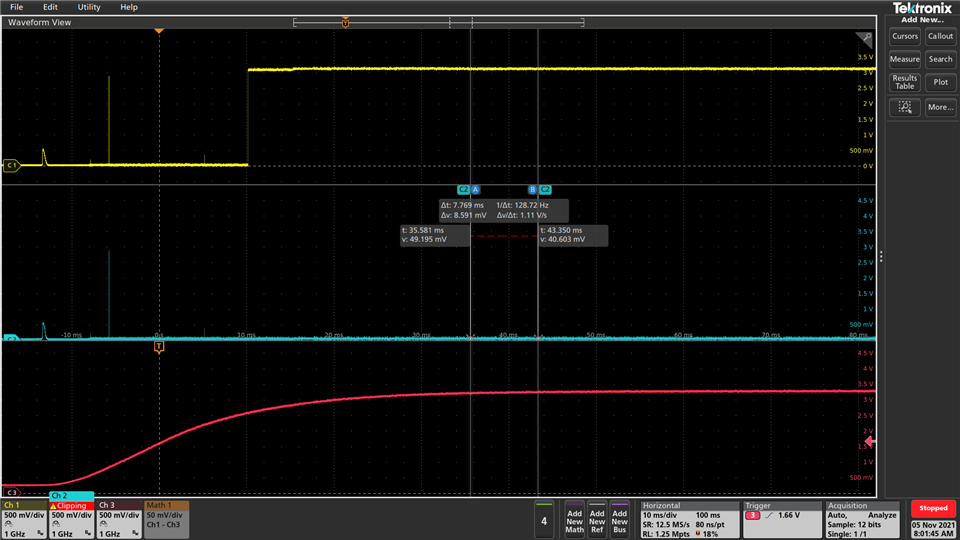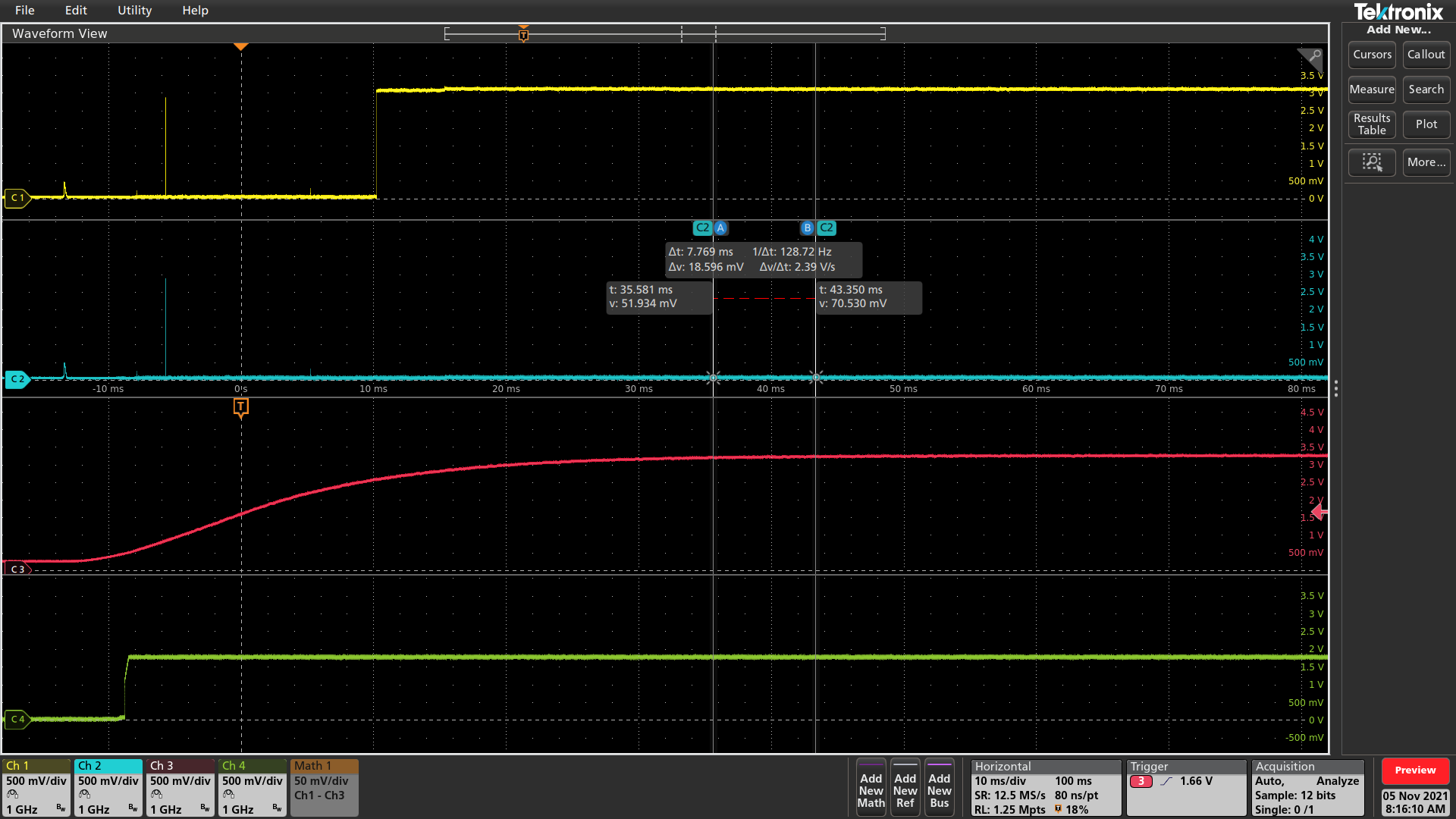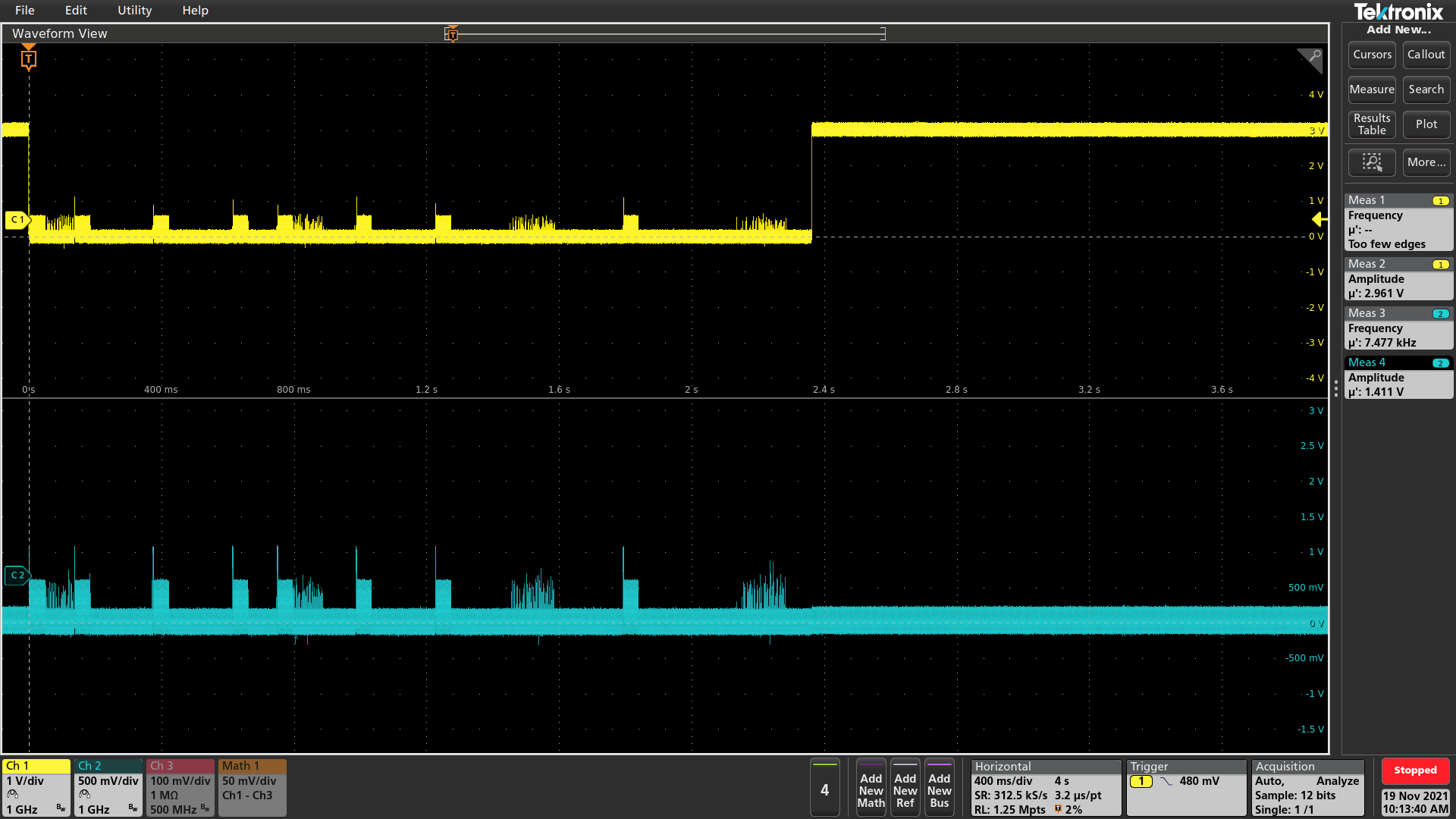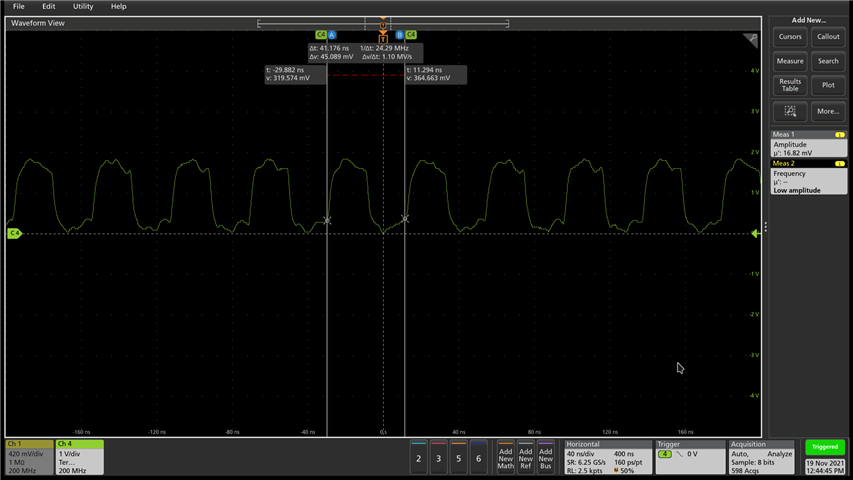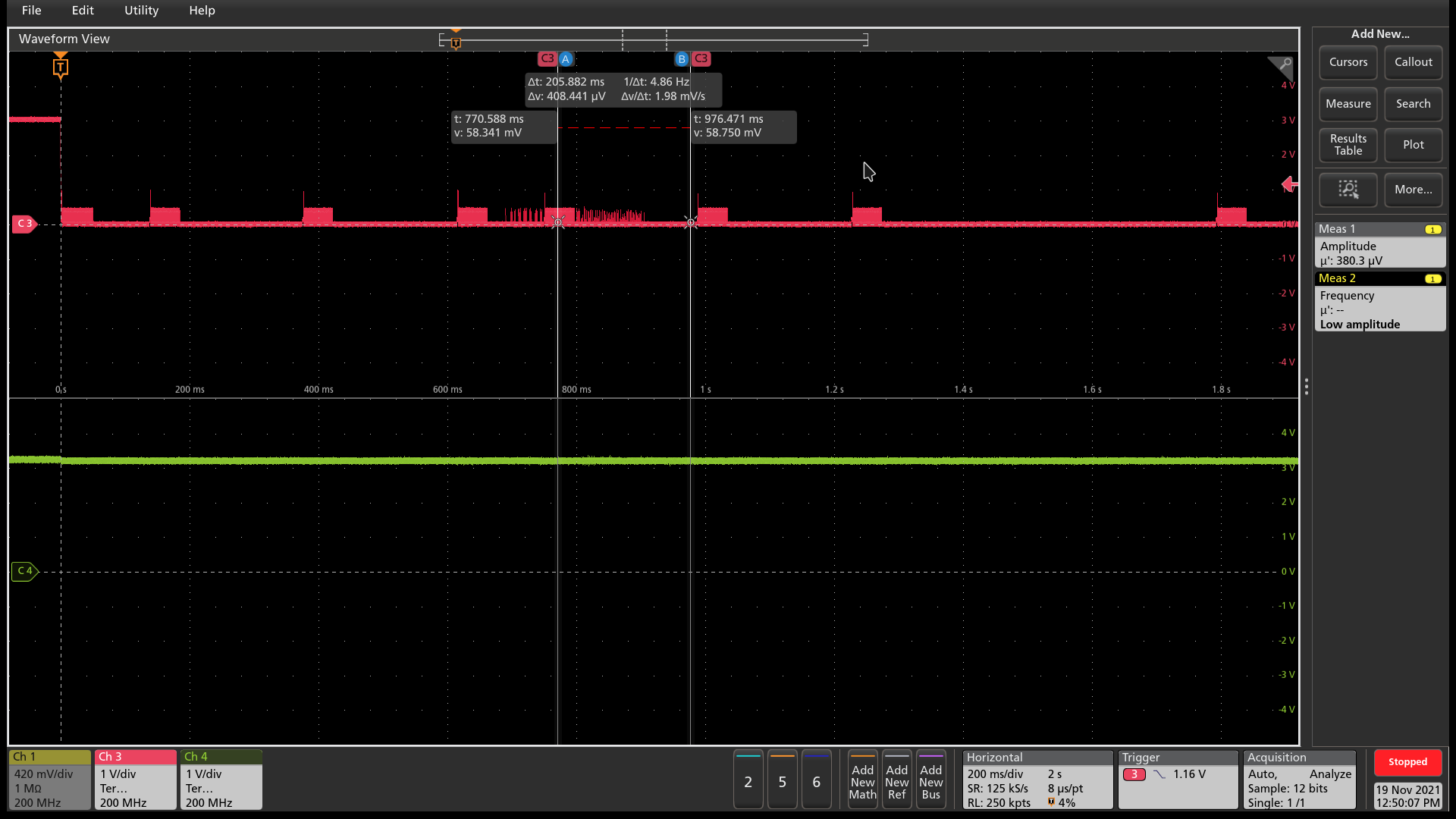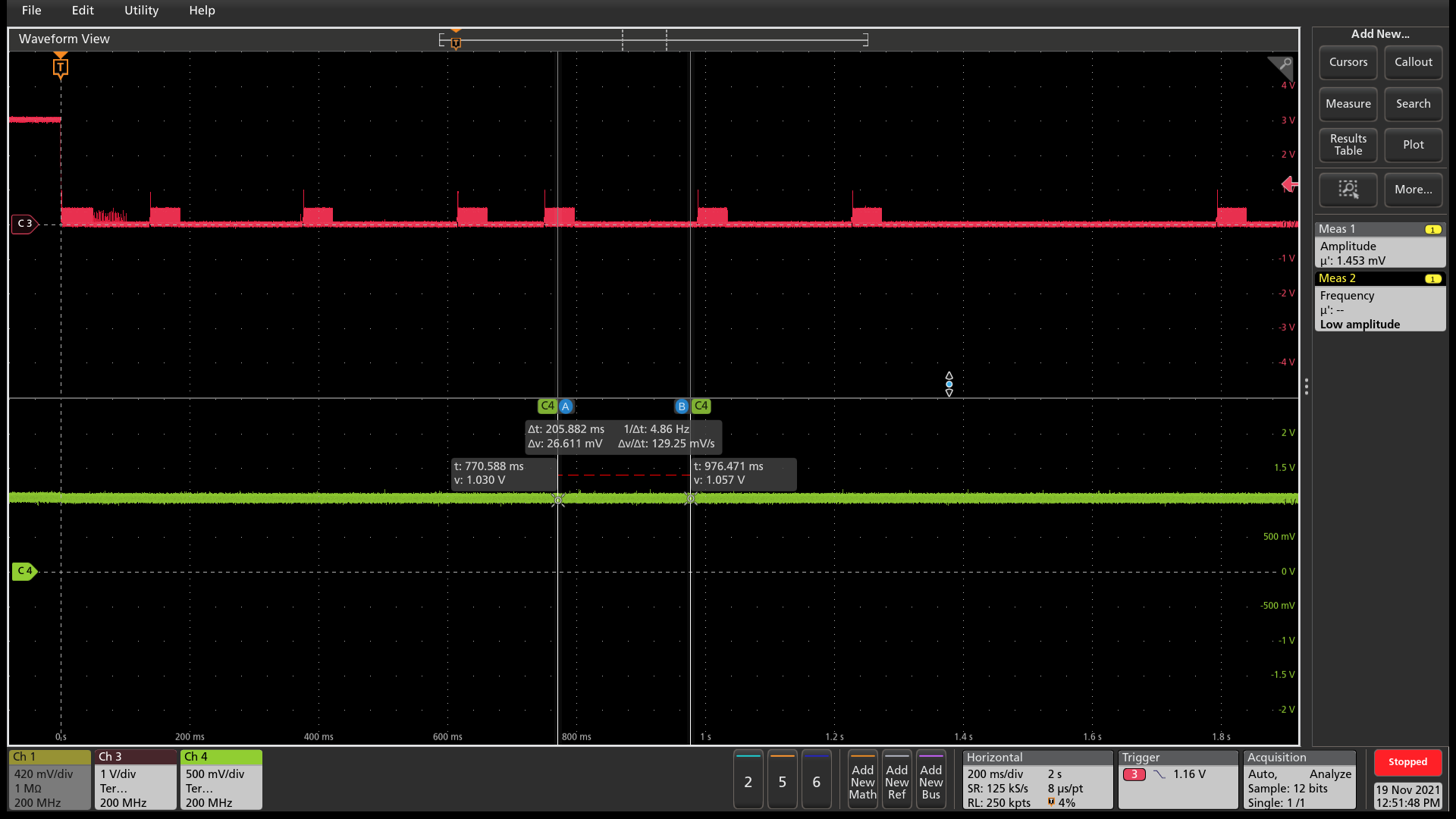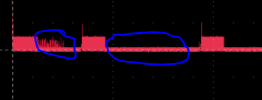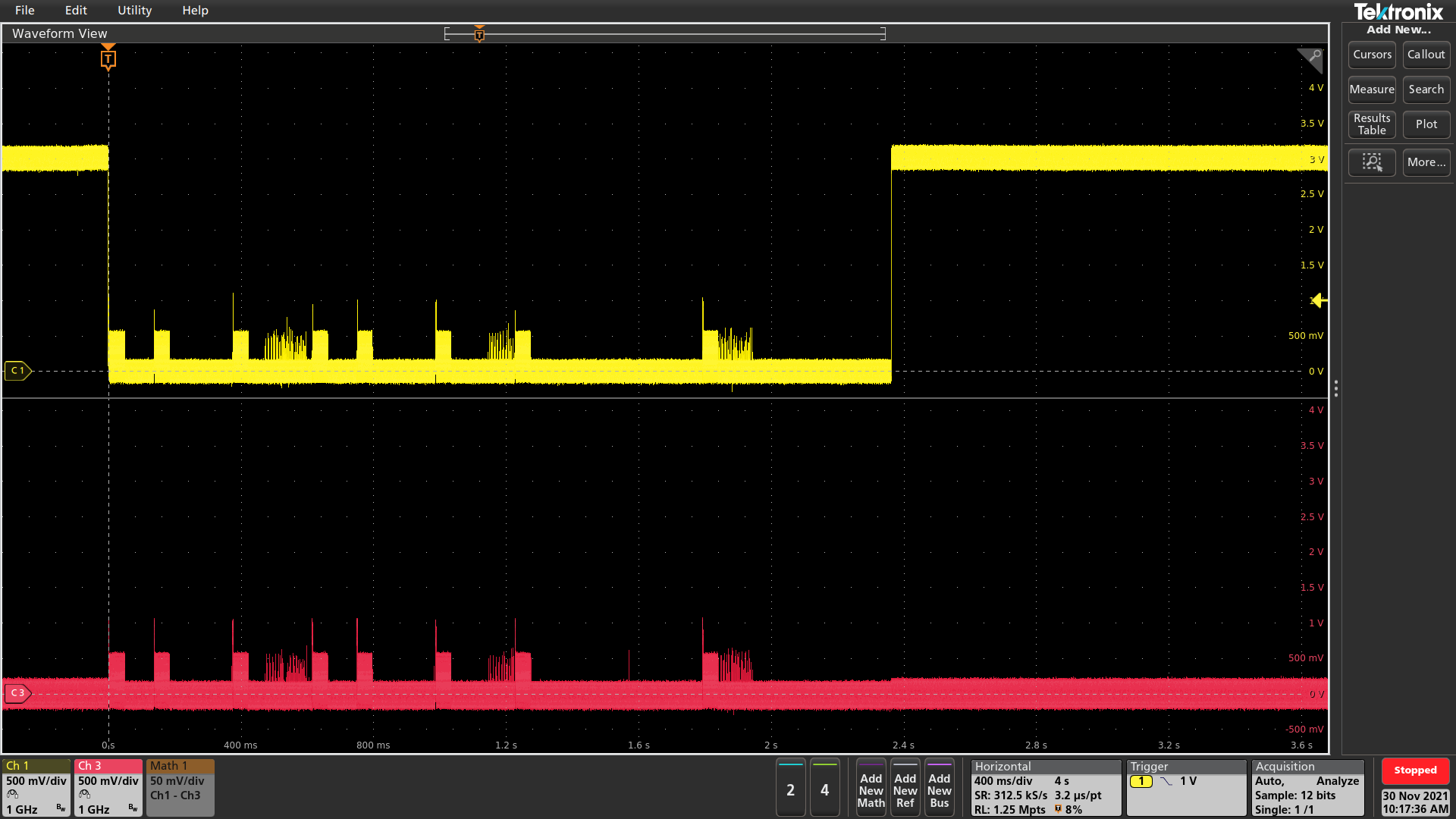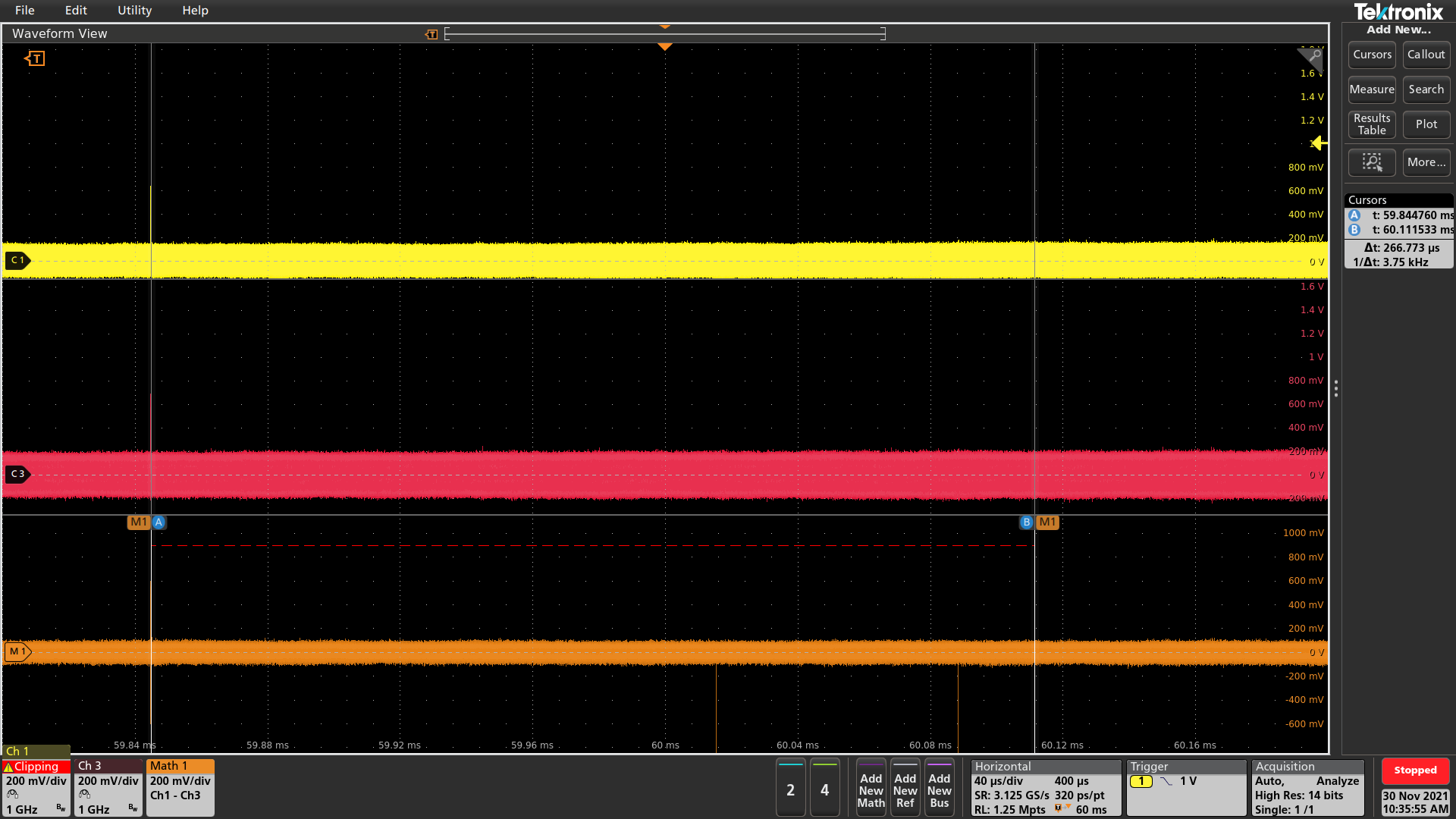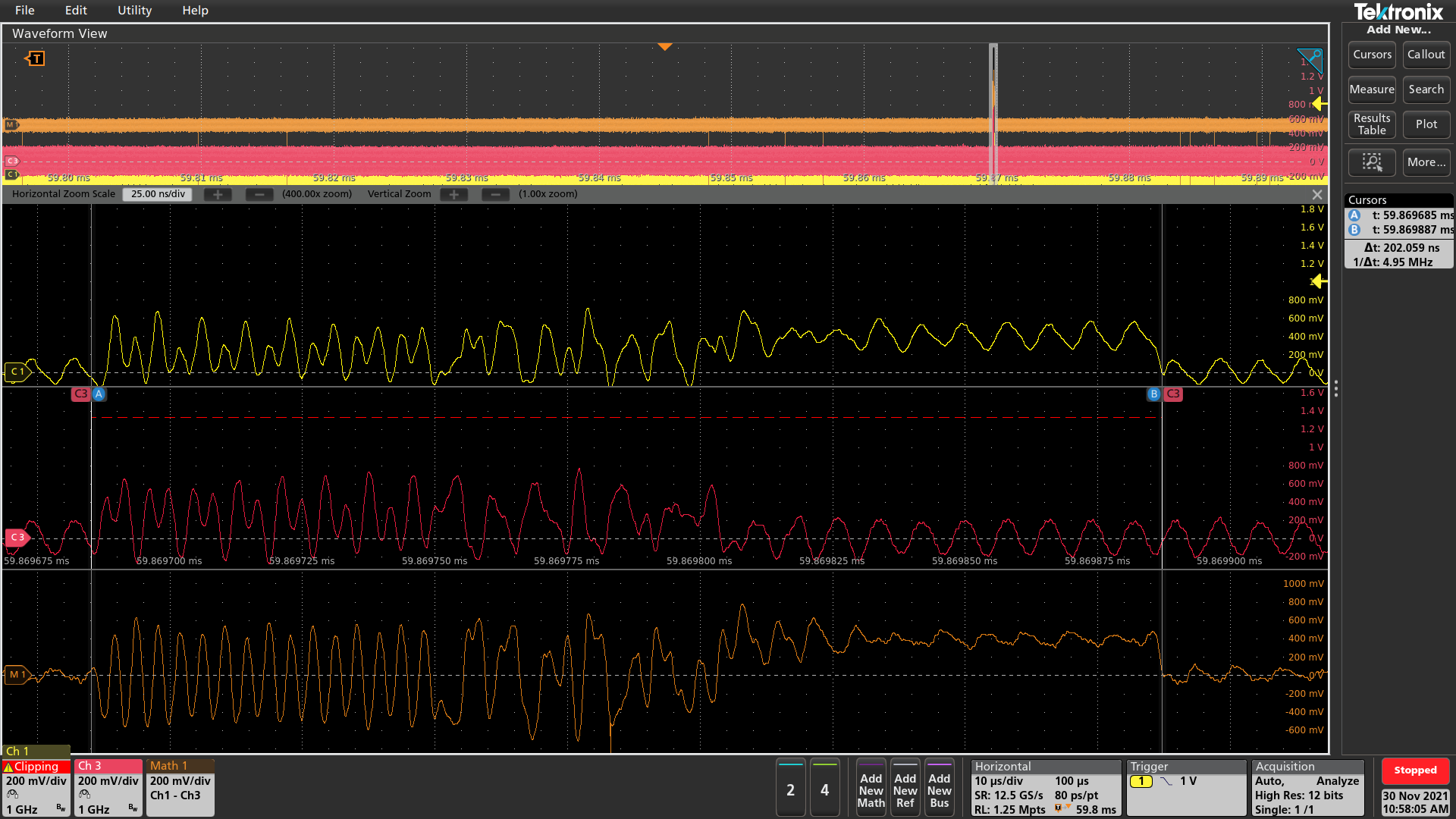Other Parts Discussed in Thread: TUSB8041-Q1
I have a TUSB1210BRHBTQ1 USB2.0 phy connected to an embedded linux device and downstream of the USB phy I have a TUSB8041IPAPRQ1 2.0/3.0 hub connected. I'm trying to use the USB phy purely as a USB2.0 host but I've not been able to get the USB hub to show up on my system.
I am running Linux 4.14.0 and I keep getting the following error:
[ 5.964905] usb usb1-port1: connect-debounce failed
All I see from lsusb are the linux root hubs:
Bus 003 Device 001: ID 1d6b:0002
Bus 001 Device 001: ID 1d6b:0002
Bus 004 Device 001: ID 1d6b:0003
Bus 002 Device 001: ID 1d6b:0003
Schematic snippet for the hub (VBUS has been modified from the drawing so that there is also a 90k resistor pulling the pin up to 5Vdc):

Schematic snippet for the USB Phy (The ID pin has been modified to be attached to GND to try and configure it as a host also VBUS is not connected to any voltage rail):
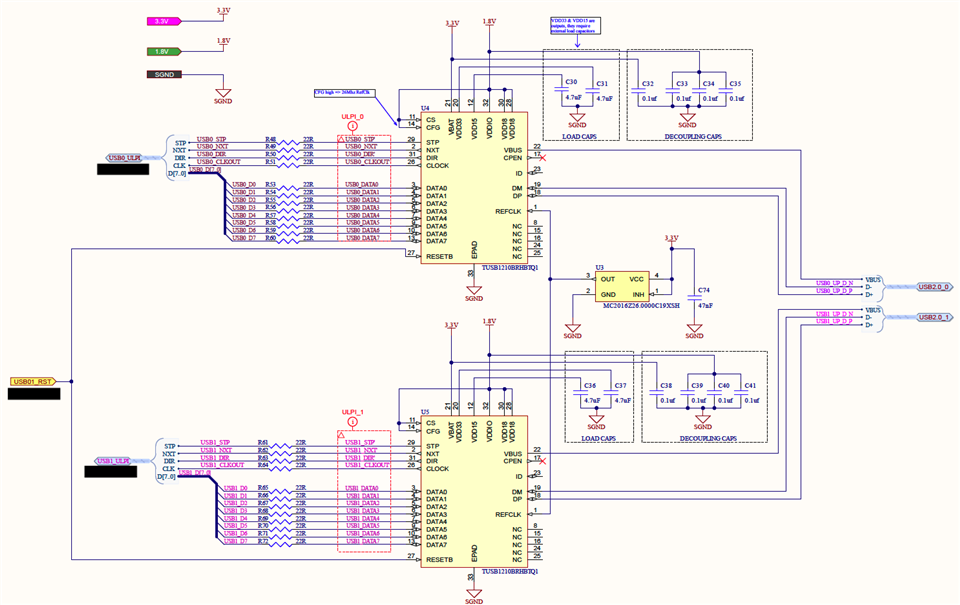
I've probed all of the voltage rails on each of the chips and everything looks fine, the clock signals are the correct frequency and look clean, and the resets are not being held active.
Any thoughts on how to best proceed in debugging or comments on the schematics would be very helpful.


